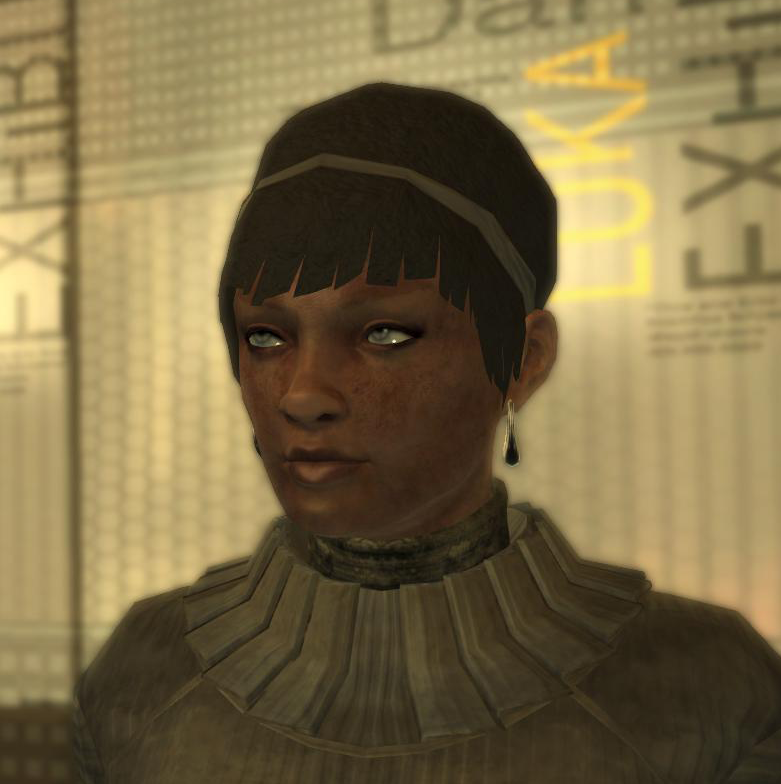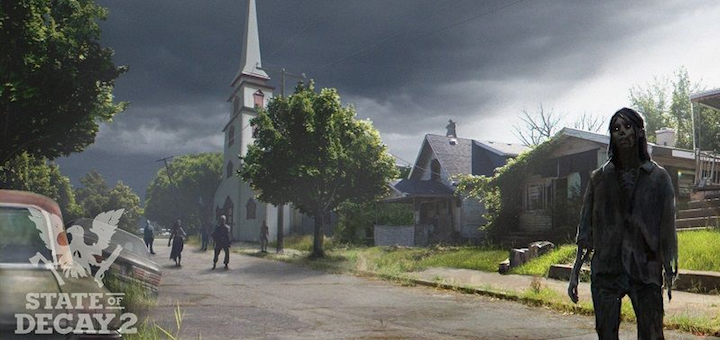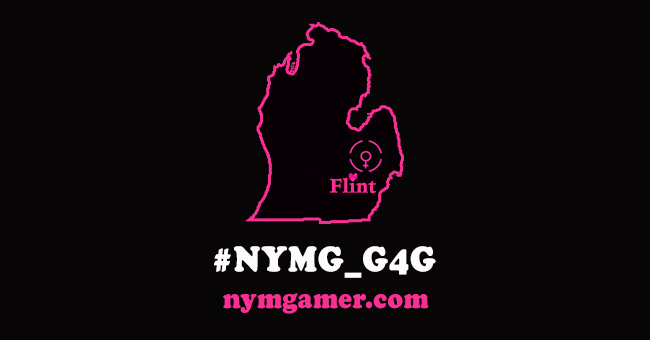Earlier this week Lean In partnered with the Girl Scouts of America to initiate a campaign to encourage young girls to take leadership roles by reducing the stigma they often face for speaking up or taking charge. While this may be a mark of leadership in boys, such behavior in girls is often coded as “bossy.” The Ban Bossy initiative was created to combat that frequently heard trope that “no one likes a bossy girl,” “bossy,” of course, being used to describe traits that would not often be considered negative in boys (particularly in leadership or professional contexts) – assigning roles, keeping a group organized, speaking up for themselves or others, and coming up with plans or strategies, among others.
While there have been reasonably valid criticisms towards the campaign – that there are worse things that girls can and have been called, that perhaps girls should embrace the word or be taught that the word reflects the quality of the character of the speaker rather than the girl herself, that there are larger issues to tackle – I think it draws to light the impact exposure, from both peers and media, to certain variables or harmful “ideals” like this can have on the long-term development of children. For instance, on the Ban Bossy’s website, they list a “Things We Love” segment that gives suggestions on how to discuss gender in media. Though this is only one of the many negative “classifications” that a girl can have cast upon her, the campaign got me interested in examining how this “bossy” stigma manifests in children’s media, specifically games, cartoons, and movies, and how it is then processed by the audience that receives it.
In order to find character examples I specifically looked to see how fans judged them online. One prominent gaming example (that was appropriate for kids anyway) that always popped up alongside references of bossiness was Amy Rose from the Sonic game series. Her bossiness is apparently so accepted that it’s literally in her biography in the Sonic Wiki: “She is shown to be really stubborn and bossy throughout the series.” While I can’t claim to be any sort of Sonic expert, from what I’ve seen in the series and in the various game titles Amy appears in, this characteristic has been cast onto her mostly because she isn’t afraid to give orders and tell off the other characters, especially as she creates her own team and goals. She has certainly been given some other characteristics that denigrate her character however. Most noticeably of these is the way she obsesses over Sonic as a love interest. Both of these combined lead Sonic and company to view her as distinctly annoying – a trait that often gets partnered with bossiness, muddling the potentially positive traits the female character might have that get categorized as demonstrations of her bossiness with ones that are distinctively and definitively “bad.” This thus creates a association between the two, where the series itself encourages this negative interpretation.
However it works the other way around too; many of the girl characters in cartoons or movies either aimed at kids or appropriate for a young audience who may be regarded as a positive role model for young girls (and aren’t as poorly regarded within the universe of the series itself) still get criticized by the viewers and fans. Some examples include Blossom from The Powerpuff Girls, Sergeant Calhoun from Wreck-it-Ralph, and even Princess Leia from Star Wars. If this label is placed on fictional characters it’s not hard to see how the same can happen to real girls, with real consequences.




